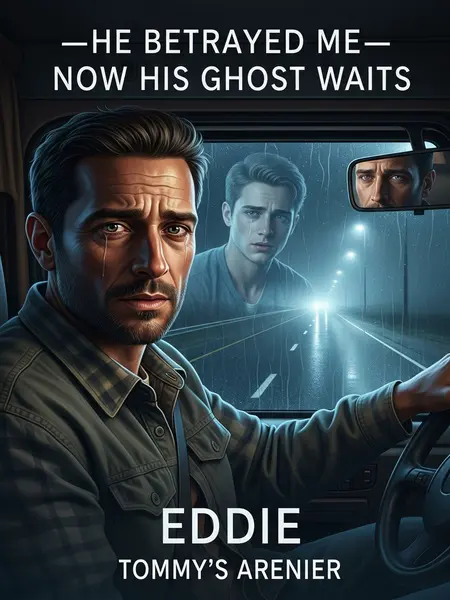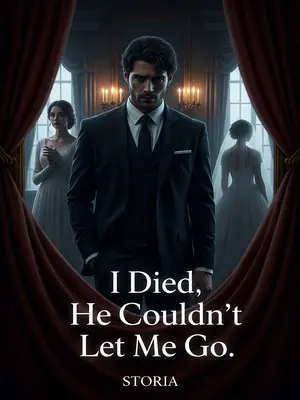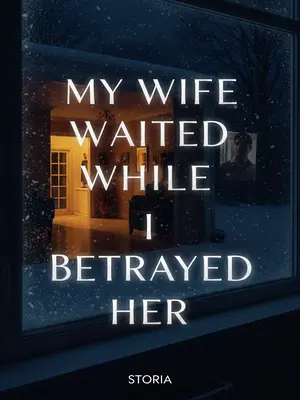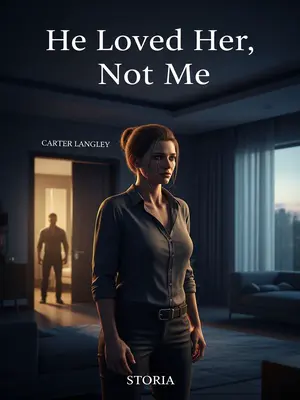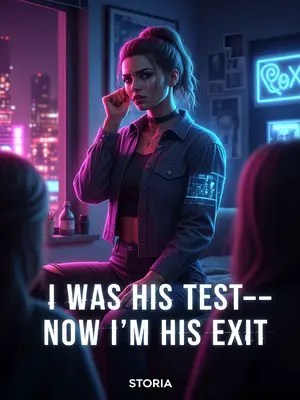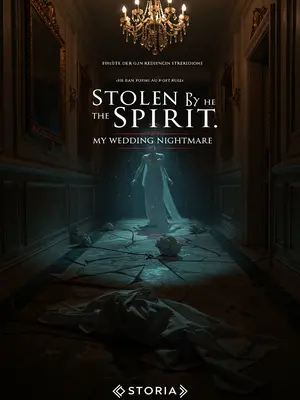Chapter 1: Ghosts at the Guardrail
In those first few years after I started driving the big rig, my old man—my mentor—always said the interstate was the only safe ground. "Never veer off the main highway," he’d say. "And whatever you do, don’t pay any mind to those things you see past the guardrail at night."
He’d sit on the porch, coffee in hand, boots up on the railing. He’d tell me stories about the road—some true, some just to keep a rookie sharp. There was always a warning in him, a kind of steel that made you listen up. Out on I-70, under that endless Ohio sky, you learn quick what to ignore and what to fear. But these days, I can’t tell what’s real and what’s just another ghost story.
Now, on my runs, I keep seeing my childhood friend—dead for over a year—showing up out there. At first, he’d just stand there outside the guardrail. Stiff as a board. One leg half-lifted. Then, bit by bit, he started to swing a leg over, his body leaning toward the road.
Sometimes, when the night’s quiet and the radio’s nothing but static, I catch him in my headlights. A pale shape by mile marker 217, where the woods press close. He never moves fast, just a slow, steady lean, like he’s trying to cross over. I grip the wheel, knuckles white, and remind myself to keep my eyes forward. But that cold ache in my chest—it never goes away.
"Eddie, how can you be so cold-hearted?" she snapped.
Her voice cracked through the morning air, sharp as a slap. Her words echoed in my head, mixing with the engine’s rumble and the memory of Tommy’s laugh. I tried not to let it get under my skin, but it stuck, like grit in my boot. Funny how some words just hang on.
"You and Tommy grew up together. He died far from home last year, and you’re just going to leave him out there, never let him rest?"
She stood there, hair wild from sleep, her face streaked with tears. The accusation hung between us, heavy as a storm cloud. I looked away, jaw tight. I wanted to explain the mess between me and Tommy, but the words just wouldn’t come.
Tommy’s mom showed up at my door again, clutching Tommy’s framed photo to her chest. Barely sunrise, and she was already blocking the porch before I could even get my boots on. She barged right in and started hollering, waking up half the neighborhood.
Her slippers slapped the floor as she stomped through the living room, the picture frame rattling in her hands. The old screen door banged behind her, and somewhere down the block, a dog started barking. My neighbor’s porch light flicked on—folks here knew drama when they heard it. This was the third time this month she’d come around, grief turning to fury. Here we go again.
My mother-in-law turned pale with anger. She pointed at Tommy’s mom, voice sharp as a whip. "If Tommy can’t be laid to rest, that’s on him. He brought it on himself!"
She crossed her arms, lips pressed thin, the way she did when she’d had enough. Her voice could cut through a crowd at the county fair.
"When he kicked you while you were down, when he screwed Eddie over—did he care about all those years you two grew up together?"
She glared at Tommy’s mom, standing her ground. The two women stared each other down. Old wounds bubbling up between them.
I’d just come back from picking up breakfast sandwiches and walked right into the mess. Worried my mother-in-law might get sick again from the stress, I told my daughter to help her back inside.
The bag of sandwiches hung limp in my hand, coffee cooling fast. My daughter—still in her pajamas—peeked around the corner, wide-eyed. I gave her a nod, and she hustled her grandma toward the back room, casting nervous glances over her shoulder. The scent of sausage and egg lingered in the air, strangely out of place. It turned my stomach.
When Tommy’s mom saw me, her voice got all shaky, and she dropped to her knees with a thud. "Eddie, I know Tommy did you wrong."
Her knees hit the worn linoleum, the sound sharp in the quiet. I winced. I’d seen her kneel in church plenty of times, praying for her family. But this was different—raw, desperate. She held the photo up like a shield, her eyes pleading.
"You’ve always had a good heart, ever since you were a kid. We’ve been neighbors for years."
Her voice wavered. Memories flooded between us—backyard barbecues, summer nights with fireflies. The kind of neighborly ties that don’t break easy. She was trying to remind me of who I used to be, or maybe who she wished I still was.
"Besides, Tommy followed you into trucking. He went out on the road because of you. Now that he’s gone, can you really just let him drift like this?"
She clutched the photo tighter, knuckles white. I felt the weight of her words settle on my shoulders.
I looked at Tommy’s mom, my face blank, then down at the memorial photo she clung to. Tommy’d been dead more than a year. That black-and-white picture looked both familiar and weirdly distant now.
The photo caught the light, his grin frozen forever. I remembered the day it was taken—some cousin’s wedding, Tommy in a borrowed suit, eyes shining. Now, it felt like looking at a stranger. Grief does that. It turns people into ghosts long before they’re gone.
"Tommy, please help me. The doctor said if my sister-in-law gets the surgery in time, there’s still hope." She’d asked Tommy because he was the only one in the family with enough money and pull to get her into a good hospital—but he didn’t lift a finger.
Her words tumbled out, frantic. I remembered that day like it was yesterday. The air thick with summer heat. The taste of desperation sharp in my mouth. She’d been begging for a miracle, and I was her last hope.
